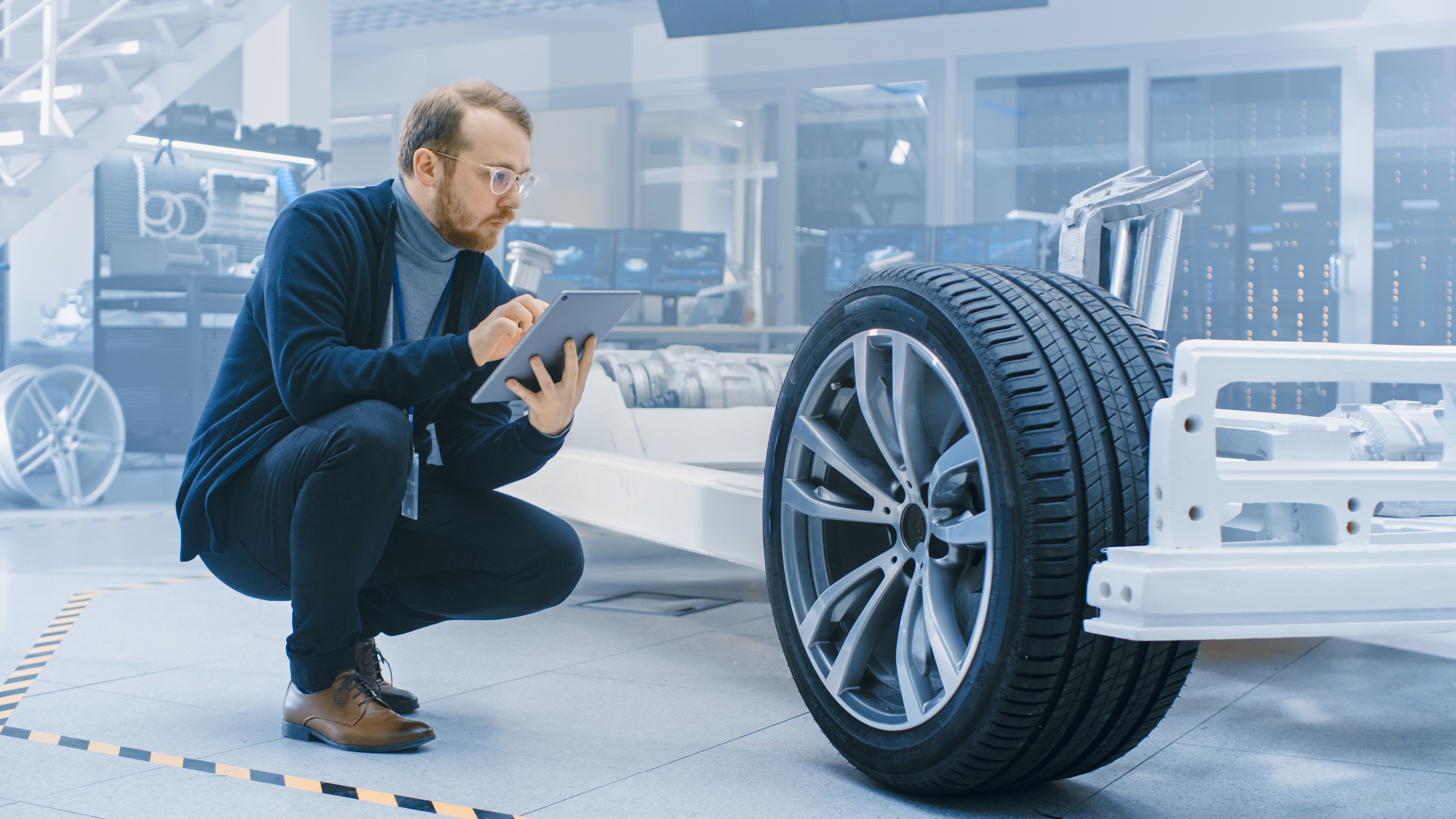Existing testing approaches are time consuming taking several months to run 1000s of tests on 100s of samples. The tests are destructive meaning the batteries tested are not usable when testing is complete. Data collected from testing is only valid for the batch of batteries testes (i.e., they are tied to battery chemistry). As battery consumption increases, the length of time to test batteries becomes critical. If supplies are depleted before testing is completed, the testing results are worthless.



